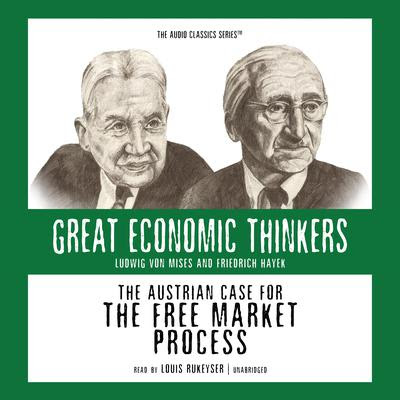“Ipsa scientia potestas est.” (“Knowledge itself is power.”)
– Francis Bacon, in his “Meditationes Sacrae” (1597), with the quotation often shortened to “Scientia potestas est” (“Knowledge is power”)
People today are inclined to reject Western culture, absolutely and indiscriminately. But I believe that it is still relevant today. In particular, there is a Western heritage of free inquiry and pursuit of truth. This is the aspect of Western culture that I will most focus on today.
Francis Bacon
Of course, rationality has been found in all cultures, past and present – and one could argue that the earliest science came to us from Mesopotamia. But it made particularly great advances among the Ancient Greeks – famous for their early philosophers like Socrates, Plato, and Aristotle. The Ancient Greeks also produced some great mathematicians and scientists, who advanced our understanding of nature. The greatest city-state among the Ancient Greeks was Athens, now famous as the birthplace of democracy. Thus, the name “Athens” has sometimes been used as a metaphor to describe the Western heritage of free inquiry and rational thinking. I recognize that the word “rationality” has sometimes been used to describe reason in contrast with the empirical evidence of one’s senses. But, in this post, I will generally use the term “rationality” to include both logic and empirical evidence, both of which are foundational to doing valid science.
Constantine, the first Roman emperor to embrace Christianity























